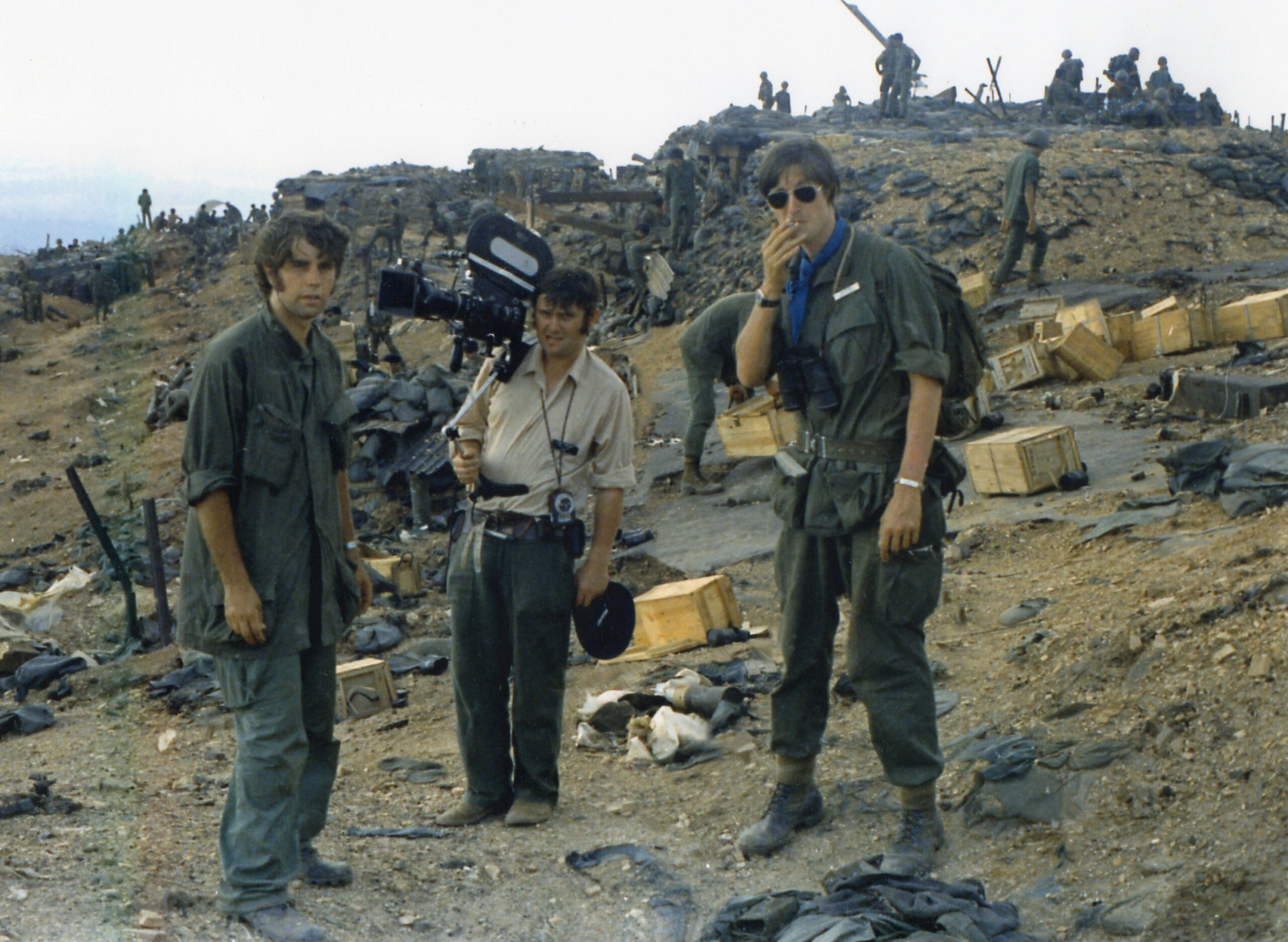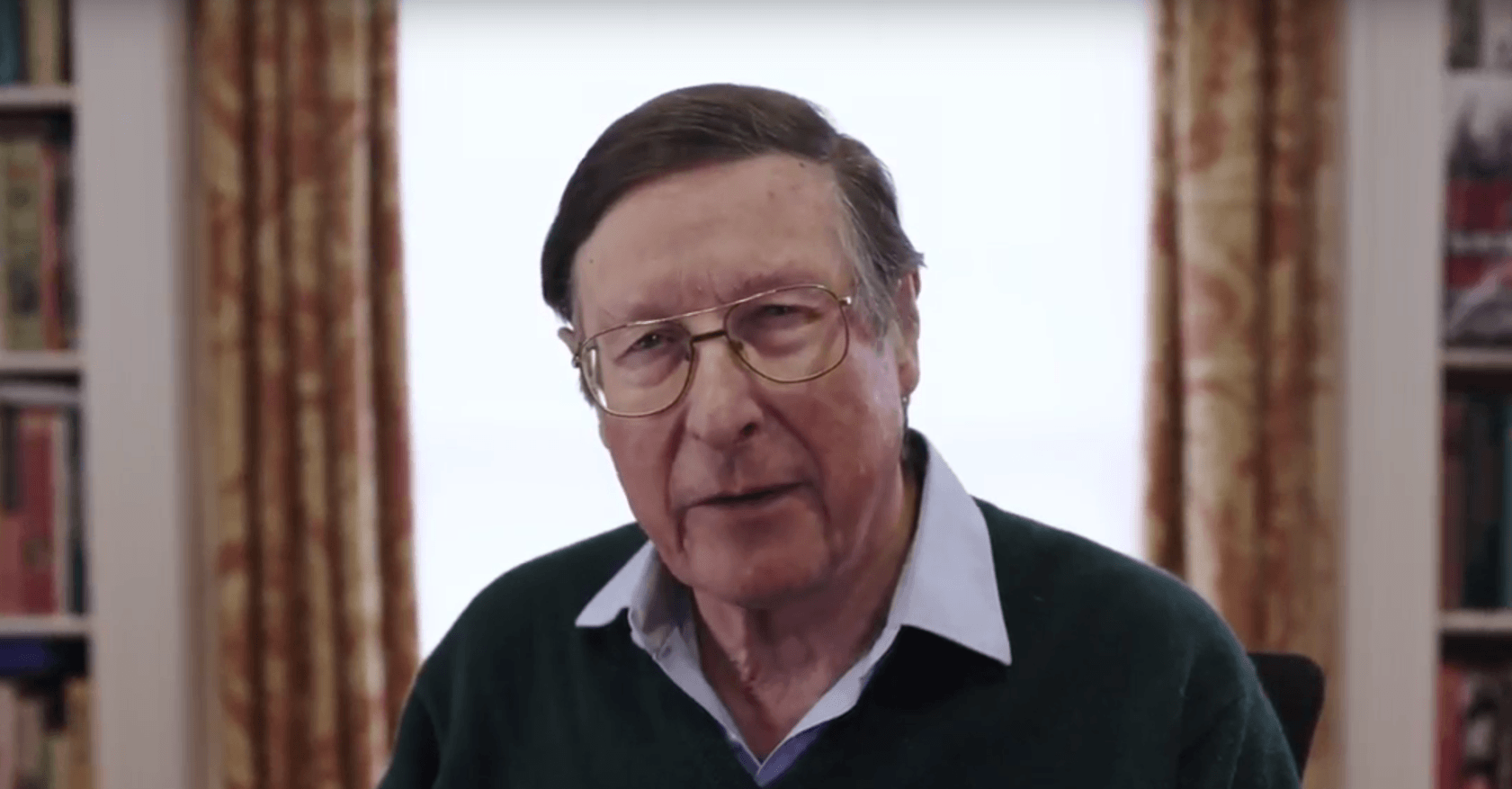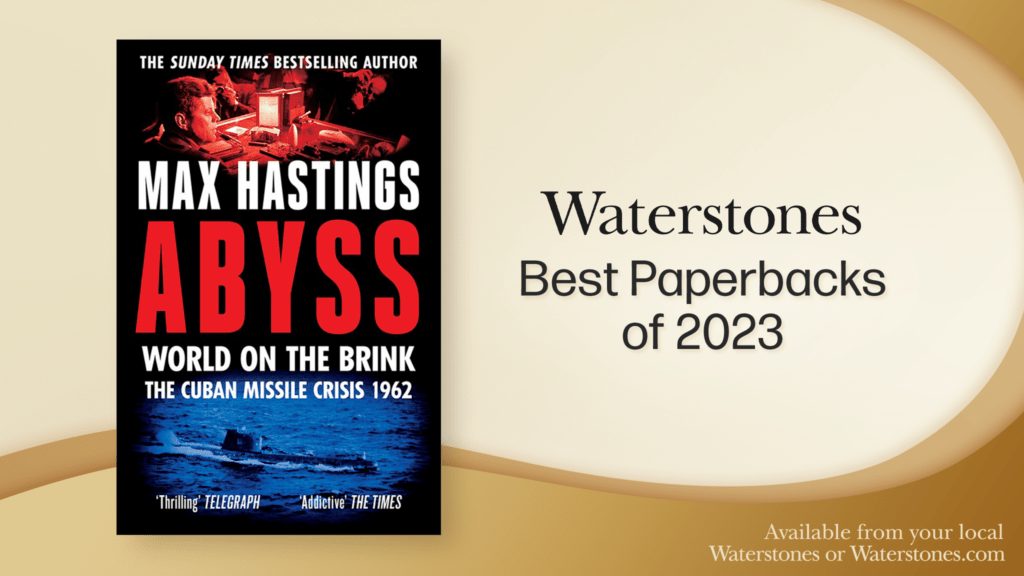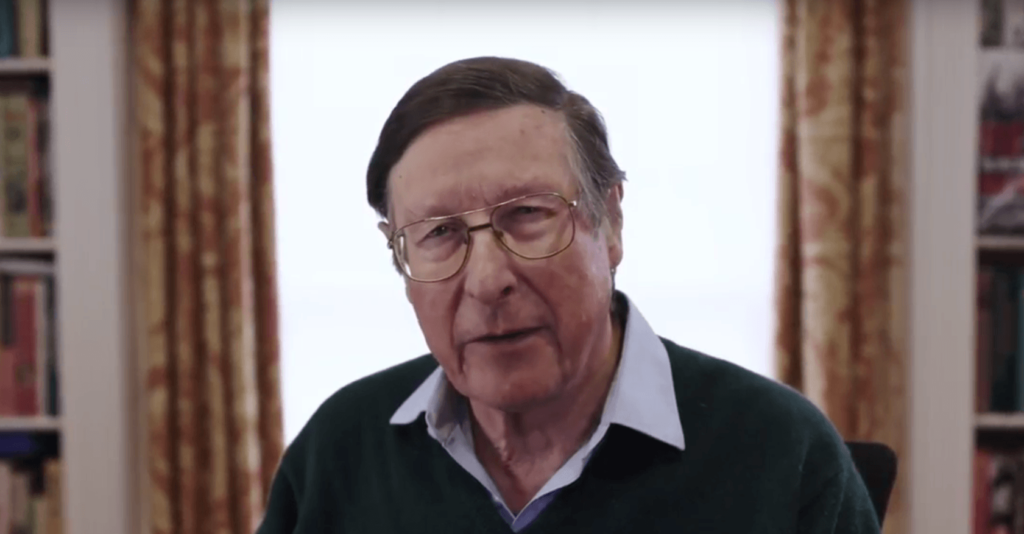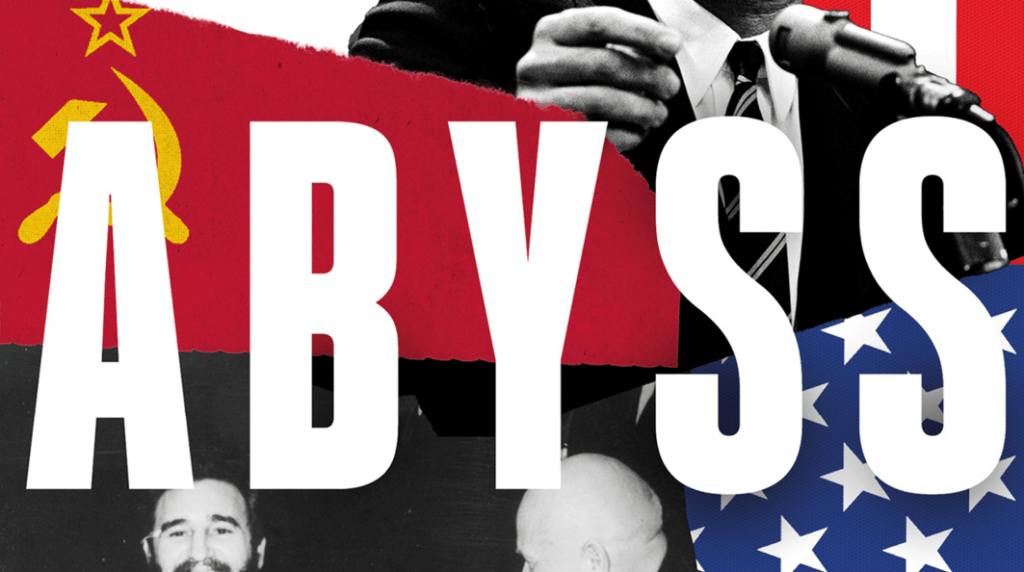Max Hastings was 24 and had never been to war. All that changed when he flew into battle-scarred Vietnam and witnessed the horror – and hedonism – of a war zone. Almost 50 years on, he’s written a book about the most controversial conflict of the 20th century and returns to the country to talk to survivors.
It was dawn, one of those fabulous red Asian dawns, at Pleiku in the Central Highlands of Vietnam. Out on the big American airstrip with its runway stretching to the horizon, crews silhouetted against the early morning sun strolled out to their helicopters, unlocked rotors, checked systems, heaved themselves aboard and started up.
I watched as the rotors roared into life, and one by one those choppers surged forward in classic nose-down posture: Hueys and Cobras, Loaches and Chinooks, maybe 50 of them in all, lofting into the eastern sky in an awesome display of American riches and firepower. I thought: how could these mighty people possibly lose this war, against a raggedy army of guerrillas in rubber sandals?
Yet I knew, we all knew, that the United States was indeed on its way out of the struggle, which since 1945 had cost the lives of perhaps two million Vietnamese, tens of thousands of Frenchmen, an eventual 58,000 Americans.
It was April 1971, and as a reporter for BBC TV’s 24 Hours programme I was in the midst of one of half a dozen gripping, moving, frightening and, yes, also thrilling Indochina assignments. The Vietnam War was the supremely influential experience for my generation of journalists. Correspondents and photographers found themselves recording the biggest story on earth, a struggle that destroyed one American president – Lyndon Johnson – and helped to undo a second: Richard Nixon. It also unleashed controversy and protest around the world in a fashion unmatched by any other conflict since 1945.
Through 1967-68 I lived and worked in the United States; witnessed the tumult about the war; had brief encounters with many of the actors – Robert Kennedy, Eugene McCarthy, Richard Nixon, Hubert Humphrey, Ronald Reagan … and the president himself. One memorable day, I was among a group of foreign journalists visiting the White House who were harangued by Johnson for 40 minutes about his commitment to Vietnam.
This was only a few weeks before he stunned the American people by announcing in a TV address he would not stand for re-election. He knew that the war had not merely rent America, but also destroyed his own presidency. After addressing us he left the room abruptly, without taking questions. We rose and were gathering our notes, much more impressed than we had expected to be by this big man, when suddenly the door opened again.
The president re-entered, and asked almost coyly, “Before y’all go, I want to ask: do any of you feel any different from anything you had read or heard about me before you came?” We were stunned into inarticulateness by this glimpse of Johnson’s vulnerability.
I loved flying over the jungle. The only fear was that one’s pilot might be stoned
Two years later, aged 24, I had my own introduction to Indochina, and also to TV war reporting, on an oppressively hot, dusty morning in April 1970. President Nixon had unleashed a thrust by American and South Vietnamese troops against communist sanctuaries in Cambodia, precipitating that hapless country into the struggle, and towards its own genocide.
A 24 Hours crew was dispatched to Phnom Penh. The morning after arrival, we set off to find the front. An hour out of the capital by taxi, we joined a ragtag column of Cambodian troops plodding eastwards up a road towards the Neuk Long ferry across the Mekong River, followed by a medley of military vehicles and commandeered civilian trucks and a clutch of western journalists.
Gunfire suddenly erupted ahead, followed by the thud of explosions. We threw ourselves into a densely vegetated ditch below the road, then craned cautiously, seeking to figure out what was going on.
Shooting persisted. Vehicles driven by visibly panicked Cambodians reversed crazily towards the rear. Soldiers and reporters scurried hither and thither, striving to stay bent double. I began to wish that I was carrying a water bottle, a desire that would become a craving before the morning was over.
The producer suddenly said to me, “Do a piece to camera.” What, here? Now? He nodded. I had never done such a thing in my life before. The sound recordist tossed me a mike. The crouching cameraman shouldered his big, heavy 16mm Arriflex. “Camera turning,” he said. I began my piece: “This is the war in Cambodia …”
A whipping succession of bullets over our heads caused me to duck instinctively, unleashing a stream of frightened expletives. We did a dozen takes, most interrupted in the same fashion, before I completed my little soundbite.
Nobody got killed that morning except some Cambodians, whom nobody seemed much to care about. We lived to tell the tale. Our film was transmitted. We flew onwards to Saigon, to report the Vietnamese end of the story.
On my first evening in South Vietnam’s capital, as I sat with the crew on the open verandah of the Continental Palace hotel, gasping a little amid the stifling humidity and watching lizards scuttle up the wall, I felt that at last I had joined the ranks of real foreign correspondents.
This was the bar Graham Greene had made famous almost 20 years earlier, when he published his Indochina novel The Quiet American. I watched with discreet respect the comings and goings of press corps veterans, tanned men and a few women in US Army fatigues or locally made safari jackets – the first act of every self-respecting journalist, including me, was to visit a tailor and order a short-sleeved cotton “TV suit” maybe with the words Bao Chi – “Press” in Vietnamese – stitched across the breast.
As one body was dragged bumping through the dust, a snake of intestine trailed in its wake
The correspondents threw down cameras and packs beside their tables and sat swapping abuse about the day’s US command briefing, the “five o’clock follies”, or exchanging experiences of what had been going on up-country, in the combat areas. I felt conscious of looking painfully white, as well as green, beside these people who lived the war.
Yet over the years that followed, on a succession of assignments to Indochina, two for the BBC and others for newspapers, I learnt a lot – some good, some bad. The good first: I came to love Saigon, despite its pervasive mudge of dust and black diesel fumes. I wandered the streets for hours, taking in the flower market and open-air workshops, the Catholic cathedral, exotic food stalls and the huge, crude war memorial known disrespectfully as “the buggery statue”, because of its juxtaposition of a pair of bronze Vietnamese soldiers.
There were also girls: in prodigious quantity, of considerable beauty, wearing excessive make-up and expressions that ranged from absolute ruthlessness to profound melancholy. In every bar they draped themselves like exotic blossoms over westerners chatting to each other over a few beers, not infrequently reciting the catchphrase, “No money, no honey.” There were islands of romance amid considerable squalor in Saigon. It was a matter of ideological taste whether Hanoi’s uniform socialist drabness was to be preferred.
Out in the boondocks where the war was happening, Huey helicopters created a defining image of the war. How we loved to ride them! Though America’s political and military leaders lied, lied and lied again about every aspect of what was taking place, with a perverse honesty they offered accredited journalists of all nationalities almost unlimited facilities to travel the country by chopper and fixed-wing aircraft, to see the war for ourselves. Such opportunities had never been granted to journalists in any previous conflict save that of 1939-45, and never would be again.
I adored the sensation of racing over the brown paddies and rivers and green, green jungle, with delicious cold air blowing over one’s baked, irredeemably sweaty body. In 2018 I would give short shrift to anybody who offered me a lift in a helicopter on condition that I sat at its open door, feet dangling, with no sissy seatbelts. In Vietnam, however, that was what everybody did, and thus we thought nothing of it.
The only scary part was the fear that one’s pilot might be stoned. I have never smoked a joint, far less tried harder stuff. I am so bad at resisting temptation that had I ever got started, I knew I had the temperament to become a pothead. In the Seventies, I sometimes thought myself the only foreigner in Vietnam who was not high.
Dope of all kinds, like girls, was so cheap, so ubiquitous, that everybody was at it. One March night in 1971, Vietcong sappers stormed a hilltop named Firebase Mary Ann where much of its garrison was admittedly drunk, probably also stoned. It almost defied belief that soldiers in the presence of the enemy would behave in such a suicidal fashion, but that was how crazy Vietnam had become. Some 30 Americans died for their folly, that night on Mary Ann.
From the first day that I had landed in Indochina the previous year, it was plain that the Americans and their clients were doomed to fail. The other side’s fighters were incomparably more disciplined and motivated. The American people’s will to keep fighting had been shattered by the trauma of the 1968 Tet Offensive, in which Vietcong guerrillas attacked scores of cities and towns and broke into the compound of Saigon’s US embassy, the very symbol of the imperial power’s might.
In my childhood and adolescence, spurred on by the enthusiastic 1939-45 stories of our family’s men, I thought of war as a peerless adventure, which indeed it is for some thoughtless young men. Yet in Vietnam I grew to understand that whatever the compensations of battlefields for soldiers, there are none for their millions of victims, especially women, who are sexually vulnerable to any man with a gun.
Moreover, few of those who perish are fortunate enough to do so tidily or painlessly. One morning in 1974 I was travelling in a Jeep towards a battlefield somewhere north of Saigon when we were obliged to halt before a cluster of South Vietnamese soldiers, who were collecting the corpses of some half-naked communist guerrillas killed during the night. As one body was dragged bumping through the dust, a snake of intestine trailed in its wake.
I suffered a moment of acute, vivid reflection, thinking, “If I were hit in the stomach, that is how my insides would look.” This was the day, or at least one of the days, when I stopped viewing conflict through the prism of a cruelly insensitive adolescent.
Yet, despite the horrors that I and many others witnessed in Vietnam, I could never bring myself to make the leap between accepting that the American-sponsored regime in Saigon represented a bad cause, and supposing its communist alternative in Hanoi thus must be a good one. I believed then, and persist with the same conclusion in my new book, Vietnam: an Epic Tragedy 1945-1975, now, that it was the tragedy of the Vietnamese people to fall prey to two rival barbarous tyrannies. Communism inflicted hideous sufferings and oppression on those beneath its sway, both before and after 1975.
Had the peasantry of South Vietnam, living at the mercy of the murderous follies and haphazard violence inflicted daily by American and Saigon forces, been aware of the sufferings of their compatriots in North Vietnam, they might have been less readily seduced by the euphoric vision peddled to them by the Vietcong.
We now know when Vietnam’s 30-year war ended. We did not know that on March 20, 1975, when I landed back in Saigon, supposing that I was merely going to report yet another communist offensive, which a week earlier had been unleashed against the Central Highlands and cities further north.
Since I first visited Indochina five years earlier, I had covered a succession of other conflicts: in Cyprus and Angola, Israel and Pakistan, the Rhodesian guerrilla struggle and Northern Ireland Troubles. Yet Vietnam towered over all these experiences in scale, intensity and human misery. Like many other correspondents of my generation, I felt an obsessive curiosity to see how this story came out.
I flew up to Da Nang, once a vast American base and now held by Saigon’s army, where I met a cluster of other correspondents, some of whom I knew more or less well, from battlefields around the world. Within a couple of hours of landing, we sat down to a delicious lunch at one of the city’s seaside restaurants, gossiping and speculating about where the war might go next.
Not for long. As we ate, boats began to approach the harbour, and to disgorge passengers – soldiers, many of them without weapons, and civilians clutching pitiful possessions. Through the hours that followed, an armada of ships and small craft of all sizes docked nearby, releasing thousands and then tens of thousands of visibly terrified men, women and children, to spread the poison of panic through the huge city.
That night, as we slept in a nearby hotel, we were awakened by a US Marine who announced peremptorily, “You’re wanted down at the consulate – now!” We drove sleepily to this last outpost of the American presence, where guards were burning files in the courtyard. We filed into the big office of the consul, a bearded figure in his early forties. He said, “I’ve called you in to tell you that our best information is that this city will fall to the communists within the next 24 hours. You should all get out as fast as you can.”
The spectacle of an overnight descent into anarchy has lingered with me ever since
I was desperately tired, and remember hearing only those first few words. Then suddenly, to the bemusement of my colleagues, I found myself blinking into the fierce face of the consul just a foot from my nose. I had fallen asleep again. The American said, “Many times in my life I have been accused of delivering boring briefings, but I did not expect to lose a listener tonight.”
Next morning, at the airport besieged by terrified people and amid the sound of artillery fire growing closer by the hour, we fought our way aboard some of the last commercial planes leaving Da Nang. The spectacle of the seething mobs in the city’s streets, of an overnight descent into anarchy, has lingered with me ever since. That day, even the doughtiest correspondents were scared good, and fervently grateful to escape from the shambles.
Back in Saigon, we understood that the face of the war was changing for ever. Despite the regime’s hundreds of thousands of troops and vast residual arsenal of planes, tanks and helicopters, America and the world had turned their faces against the South Vietnamese cause. Northern divisions were forging towards the capital, reinforced by captured armour, vehicles, guns – and people. Millions of Vietnamese abased themselves with varying degrees of enthusiasm before the advancing communist soldiers who were plainly destined to become their new masters.
I wrote in a dispatch, “We sit watching messenger after messenger enter from off stage, each one bearing fresh tidings of gloom … It is the tragedy of South Vietnam that its continued survival has become an embarrassment to everyone except itself … So many people in Europe and America have a picture in their minds of Vietnam as a hell of impenetrable jungle and exploding shells. It is difficult to convey how much beauty, charm and gentleness the communists are now within an ace of seizing.”
A grotesque, increasingly familiar sight was that of young (and not so young) men roaming the countryside in their underpants – soldiers who had cast away their uniforms in a symbolic gesture of abandonment of their cause. On roads, one sometimes glimpsed clusters of boots, likewise thrown aside.
Through April, we lived amid clouds of fear and the terrors of the Vietnamese people – excepting only the humblest, who had nothing to lose and thus nothing to dread from the communists. As foreigners, we cherished the rational assurance that when the last Americans fled, they would carry us with them.
I made a lightning dash to spend 24 hours in London, because I had promised my wife that I would attend the second birthday of our son. But then I went back, to the bewilderment of friends both in Britain and Vietnam: I could not bear to miss the last act of this historic drama.
Every westerner grew accustomed to receiving cold calls in our hotel rooms from Vietnamese of both sexes, soliciting aid to escape from their country as the North Vietnamese closed in. We continued to revel in the riverside restaurants, to party in the bars, but each day drove forth to watch snatches of action, battles in which South Vietnam’s listless soldiers displayed conviction of their own looming doom, of the communists’ triumph.
We knew that those last battles, the trauma of final evacuation by helicopter from the US embassy on the evening of April 29, 1975, were epochal moments. We bore witness to the collapse of a society, a nation, over which a grey pall of totalitarian communist rule descended.
For me, as a mere spectator, the agony ended when I reached Hong Kong. For millions of South Vietnamese, however, the horrors only then began. Some 200,000 army officers and former servants of the government were herded into concentration camps where many were held for terms of up to 17 years. More than a few perished.
Over the decade that followed, vast numbers of Vietnamese became “boat people”, seeking escape by sea from privation and communist oppression. They embarked on odysseys, many of which ended in tragedy inflicted by pirates or the ocean. I heard some of the voyagers’ stories in Hong Kong and California, on assignments to report their ordeals.
For years, though I wrote many books about conflicts, and especially about the Second World War, I forswore writing a history of Vietnam. It had been such a vast, protracted tragedy, unredeemed by a triumph of “good guys”, that I flinched from recording it.
In 2016, however, more than 40 years after the fall of Saigon, I began a long series of journeys across the US and Vietnam, interviewing old men and women about their war experiences. In Britain, I exist in a bubble of rural comfort and tranquillity. Among the privileges of being a writer, however, is to meet and share the experiences of an extraordinary range of humanity.
Researching my Vietnam book, I met Arksansas hillbillies and Appalachian miners’ sons, black infantrymen from South Carolina and former Mekong Delta peasants, Hanoi schoolteachers and Saigon policemen. I was enthralled though also often appalled by what they had to tell, and gripped by the challenge of recording it.
I have written nothing in the book about my own experiences in Vietnam, which were entirely marginal and yielded immature, callow journalism. Yet memories suffused my consciousness as I wrote, lending colour and sometimes passion to tales of the Delta swamps and elephant grass, the green hills of the Central Highlands, the rattle of fire from Huey door gunners, the spectacle of peasant children driving home their water buffaloes, flanks caked with mud from their wallows, not unlike the American infantrymen who emerged likewise from jungle operations.
The Vietnamese still live under a totalitarian communist regime legitimised solely by its military victory in 1975. Though most of today’s tourists notice only the beauty of the country and friendliness of their hosts, it deserves their notice that Hanoi’s people remain unliberated from the outcome of that 30-year war. Maybe the same is true for some of us who witnessed fragments of it, and who learnt to love Indochina. I did a significant part of my own growing up there. Above all, it was where I discarded my childhood illusions about martial glory. I came to terms with the irredeemable misery and tragedy of “wars among the people” that persist in the 21st century.
This piece originally appeared in The Times, September 8 2018.
